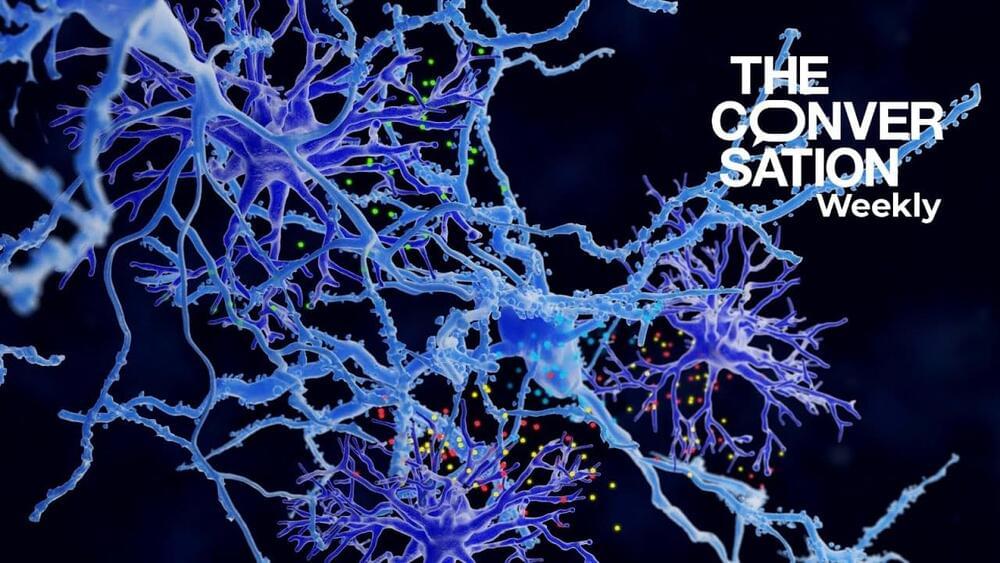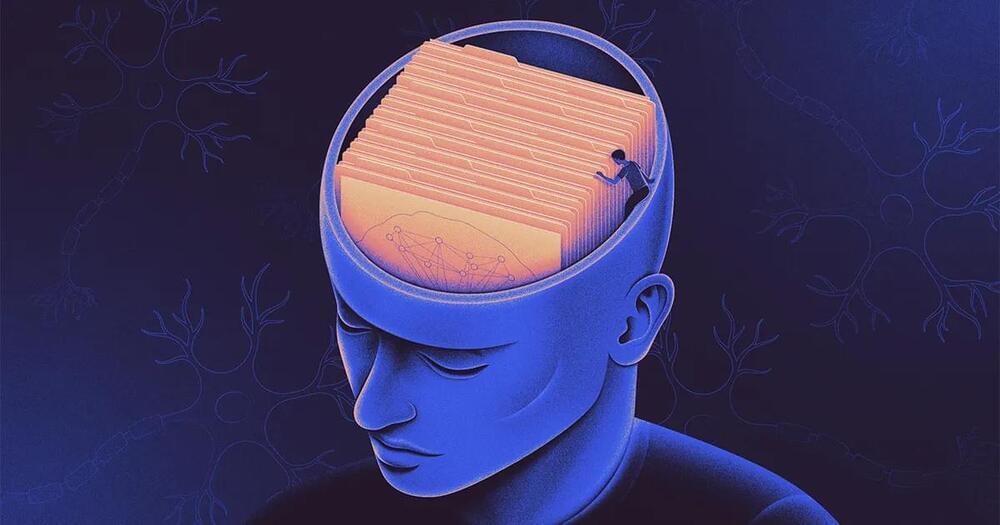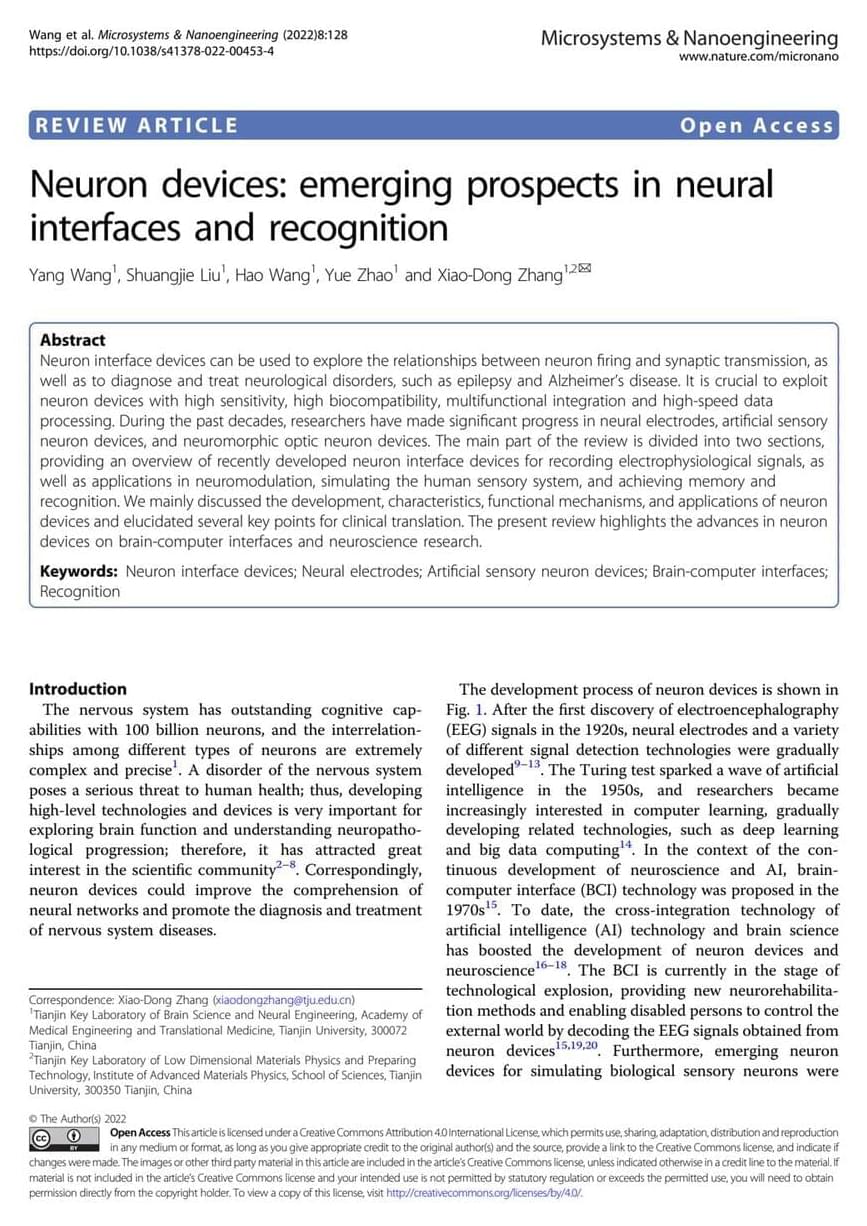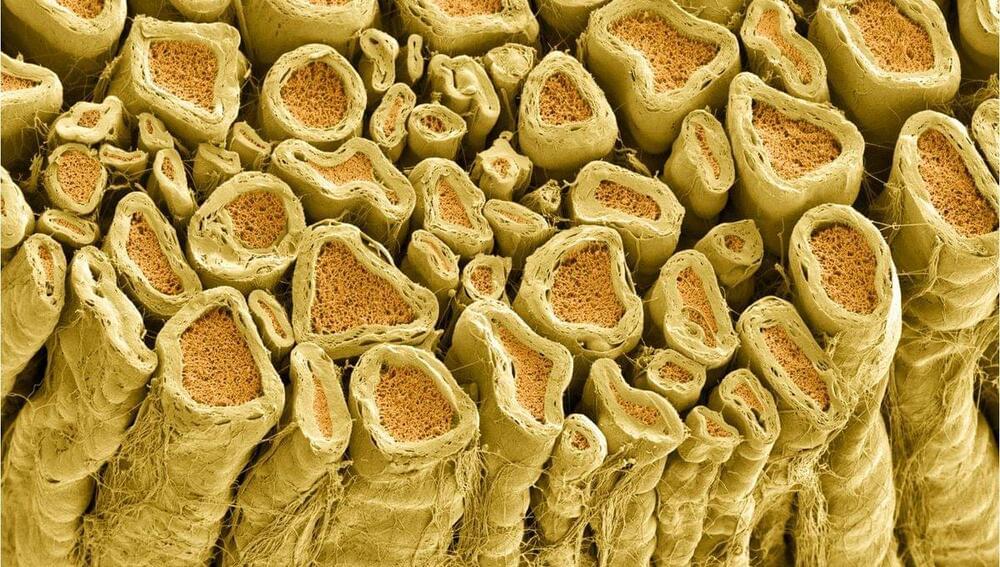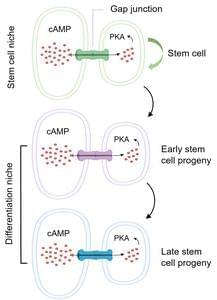Aug 31, 2023
Virtual Reality for Supporting the Treatment of Depression and Anxiety: Scoping Review
Posted by Dan Breeden in categories: biotech/medical, neuroscience, virtual reality
Conclusions: Most studies demonstrated the use of VR to be effective for supporting the treatment of anxiety or depression in a range of settings and recommended its potential as a tool for use in a clinical environment. Even though standalone headsets are much easier to work with and more suitable for home use, the shift from tethered VR headsets to standalone headsets in the mental health environment was not observed. All studies that looked at the use of CBT either in vivo or in a virtual environment found it to be effective in supporting the treatment of anxiety or depression.
Keywords: CBT; anxiety; depression; mental health; virtual reality.
©Nilufar Baghaei, Vibhav Chitale, Andrej Hlasnik, Lehan Stemmet, Hai-Ning Liang, Richard Porter. Originally published in JMIR Mental Health (https://mental.jmir.org), 23.09.2021.


